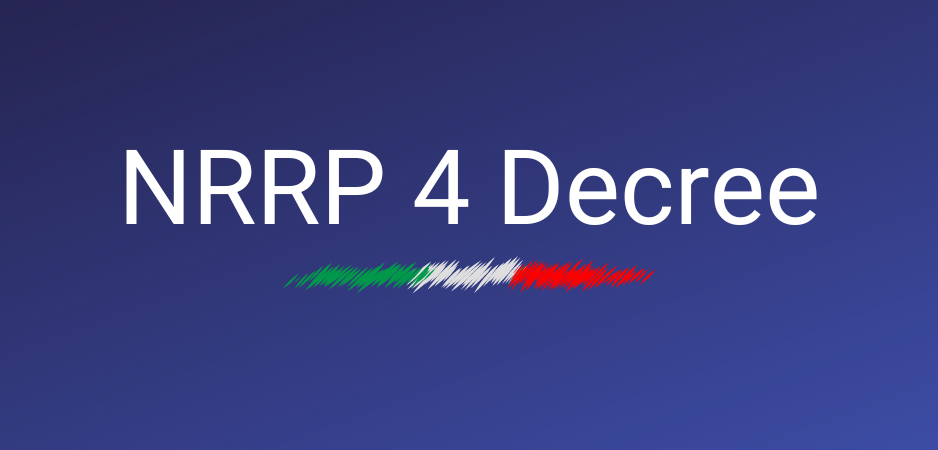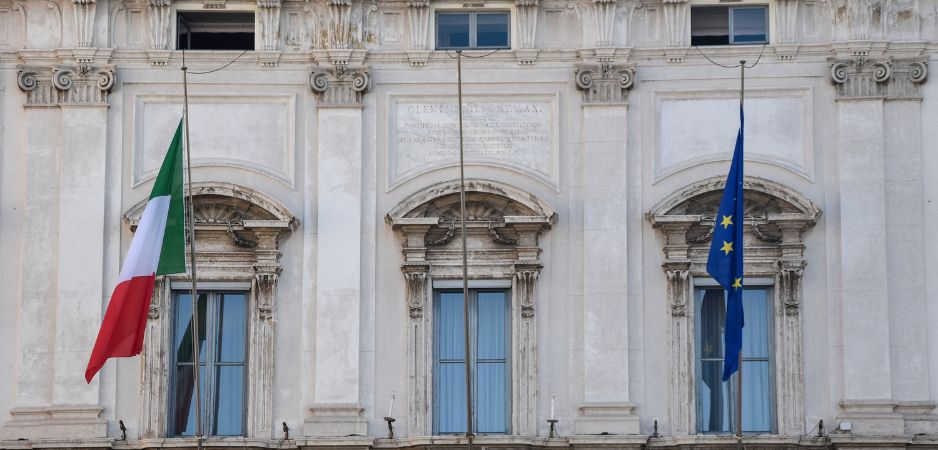Immigration: rules for entry and residence for digital nomads and remote workers are enforceable
On 4 April 2024, the Ministerial Decree of 29 February 2024 was published, implementing the so-called Sostegni ter Decree. After two years of waiting, the provision is now in force that allows the entry into Italy of foreign nationals who perform, either as freelancers or employees (even those working for a non-established company in Italy), highly qualified work using technological tools that enable them to work remotely. These persons are admitted to Italy regardless of the quotas established in the programming of entry flows for non-EU citizens for employment reasons.The Decree applies to freelancers (so-called digital nomads), and to employees and collaborators whose working modality is organised by the client (so-called hetero-organised workers).








